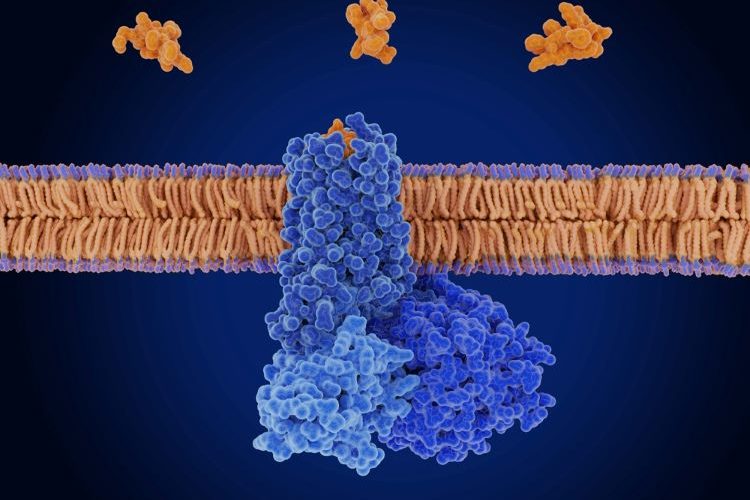Novartis and Ratio to progress next-gen radiotherapeutic
Posted: 19 November 2024 | Catherine Eckford (European Pharmaceutical Review) | No comments yet
The collaboration between Novartis Pharma AG and Ratio Therapeutics aims to advance a potential best-in-class therapeutic candidate as a treatment for a difficult-to-treat cancer.


Novartis Pharma AG has agreed to a radiotherapeutic radioligand therapy-focused license and collaboration with Ratio Therapeutics. Through this deal, Ratio is eligible to receive milestone payments up to $745 million.
The collaboration will utilise Ratio’s expertise in radioligand therapy and its technology platforms for development of a Somatostatin Receptor 2 (SSTR2) radiotherapeutic candidate for cancer.
Advancing a next-generation radiotherapeutic therapy
“Ratio is honoured and excited to partner with Novartis on the development of a next-generation SSTR2-targeting therapeutic,” commented Dr Jack Hoppin, PhD, Chief Executive Officer of Ratio. “Together, we aim to develop a best-in-class therapy in the fight against SSTR2-expressing tumours.”
Ratio is honoured and excited to partner with Novartis on the development of a next-generation SSTR2-targeting therapeutic”
Novartis will be responsible for all remaining development, manufacturing, and commercialisation. This new collaboration is set to further improve safety and efficacy of radiopharmaceuticals.
Radioligand therapy – potential in oncology
“We are delighted to collaborate with Ratio to advance this [radioligand therapy] candidate and work together to bring forward additional therapeutic options for patients with difficult-to-treat cancer,” stated Fiona Marshall, President of Biomedical Research at Novartis. “Radioligand therapies hold transformative potential for certain forms of cancer.”
In a Q&A with EPR last year, Hoppin and Ratio’s Director, President and Chief Scientific Officer, Dr John Babich, described that “there is great hope of this class of drug specifically to work in conjunction with immunotherapeutics, given the lack of toxicity of radiopharmaceuticals in general compared to most chemotherapies.” For example, targeted radioligand therapy has shown promise for eligible patients with prostate cancer. The US Food and Drug Administration (FDA) approved Novartis’ Pluvicto™ (lutetiumlutetium Lu 177 vipivotide tetraxetan) in 2022.
In EPR’s 2023 article, Dr Hoppin and Dr Babich anticipated that future technological advancement “in particle acceleration will make isotopes readily available and will also bring down costs to further facilitate the feasibility of local radiopharmaceutical manufacturing”.
Related topics
Anti-Cancer Therapeutics, Big Pharma, Clinical Development, Clinical Trials, Drug Development, Industry Insight, Research & Development (R&D), Technology, Therapeutics









